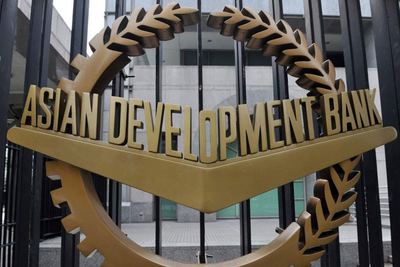The Asian Development Bank (ADB) has approved a $300 million policy-based loan—$100 million of which is concessional—to support the Government of Uzbekistan’s ongoing efforts to expand access to finance for underserved micro, small, and medium-sized enterprises (MSMEs), particularly those led by women, while strengthening the country’s microfinance sector.
Subprogram 2 will expand and deepen the foundational reforms of Subprogram 1 of the Inclusive Finance Sector Development Program, which is focused on establishing legal and institutional frameworks for inclusive finance. Some of these reforms include increasing the maximum microloan size, adopting changes to microfinance regulations, joining the Women Entrepreneurs Finance Code, and developing Islamic microfinance regulations.
“ADB is proud to support Uzbekistan’s transition to a more inclusive and market-based financial system,” said ADB Country Director for Uzbekistan Kanokpan Lao-Araya. “This program will help unlock access to finance for the self-employed and microentrepreneurs, promote gender equality, and strengthen consumer protection in the financial sector.”
Subprogram 2 introduces new policy actions to strengthen consumer protection by updating guidelines for responsible lending, regulating emerging financial services like “buy now, pay later”, and enhancing digital financial supervision. It also scales up gender-focused reforms by supporting the gender equality policy for the financial sector, including setting gender quotas for financing and operationalizing sex-disaggregated data reporting.
As part of the program, an assessment of the National Financial Inclusion Strategy (NFIS) for 2021–2023 revealed a growing level of financial inclusion, with 60% of adults owning an account at a formal financial institution—driven largely by the rapid expansion of digital finance.
Another key element of the program is its support for the structural transformation of the microfinance sector by enabling the establishment of deposit-taking microfinance banks to provide greater access to finance by putting necessary risk-based regulatory and supervisory framework in place to ensure financial stability. To date, two preliminary licenses have been issued for setting up microfinance banks.
The program is complemented by technical assistance to build institutional capacity and ensure sustainability of reforms. Subprogram 2 is part of a broader programmatic approach that includes a proposed Subprogram 3 (2025–2027), which will further strengthen implementation and institutional capacity.












